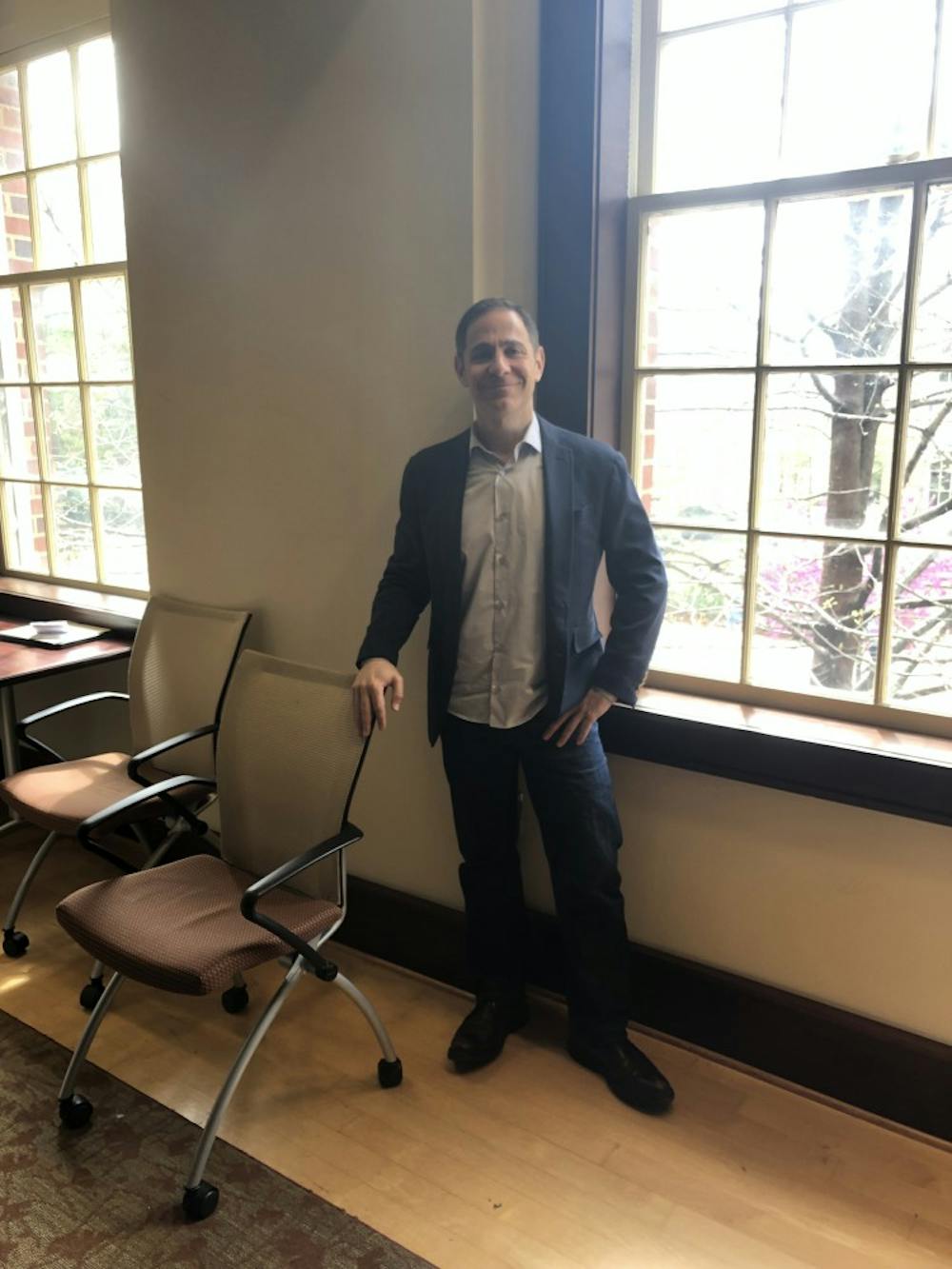A former MTV president visited Carroll Hall on Friday to discuss how the media can still be used as a positive force for effective storytelling.
The discussion titled, "The Media as Superpower for Public Good," was sponsored by the Carolina Forum, which is hosted by UNC Public Policy. Former MTV President Stephen Friedman, an Emmy and Peabody award winner, was the keynote speaker.
“The goal is to bring the broadest variety of speakers to campus with a real fixation on civil discourse, which is something that we really need today,” Terry Tamari, a special projects coordinator at the Global Research Institute, said.
A majority of people in the U.S. have low trust in the media, according to a Knight Foundation and Gallup poll. When Americans were asked for the reasons they do not trust the media, the top category of responses focused heavily on inaccuracy and bias, the study shows.
“When you are approached by facts that you don’t like, you come up with a ton of reasons to shut them down,” Friedman said.
According to a Pew Research Center study, Americans are greatly divided on the role media should play in society, and this is largely due to the U.S. becoming more polarized with political beliefs.
“Research shows that if you are on the right, or the left and you see something you don’t agree with, you often get to a point where you are gonna fight it,” Friedman said. “You are going to read it more carefully so you can poke holes in it. And so what we have is a polarized polis that is getting more and more polarized every day.”
The extreme polarization has led people to describe the media as “fake news” and for many Americans to become concerned about fair coverage.
“It concerns me a great deal,” Tamari said.



